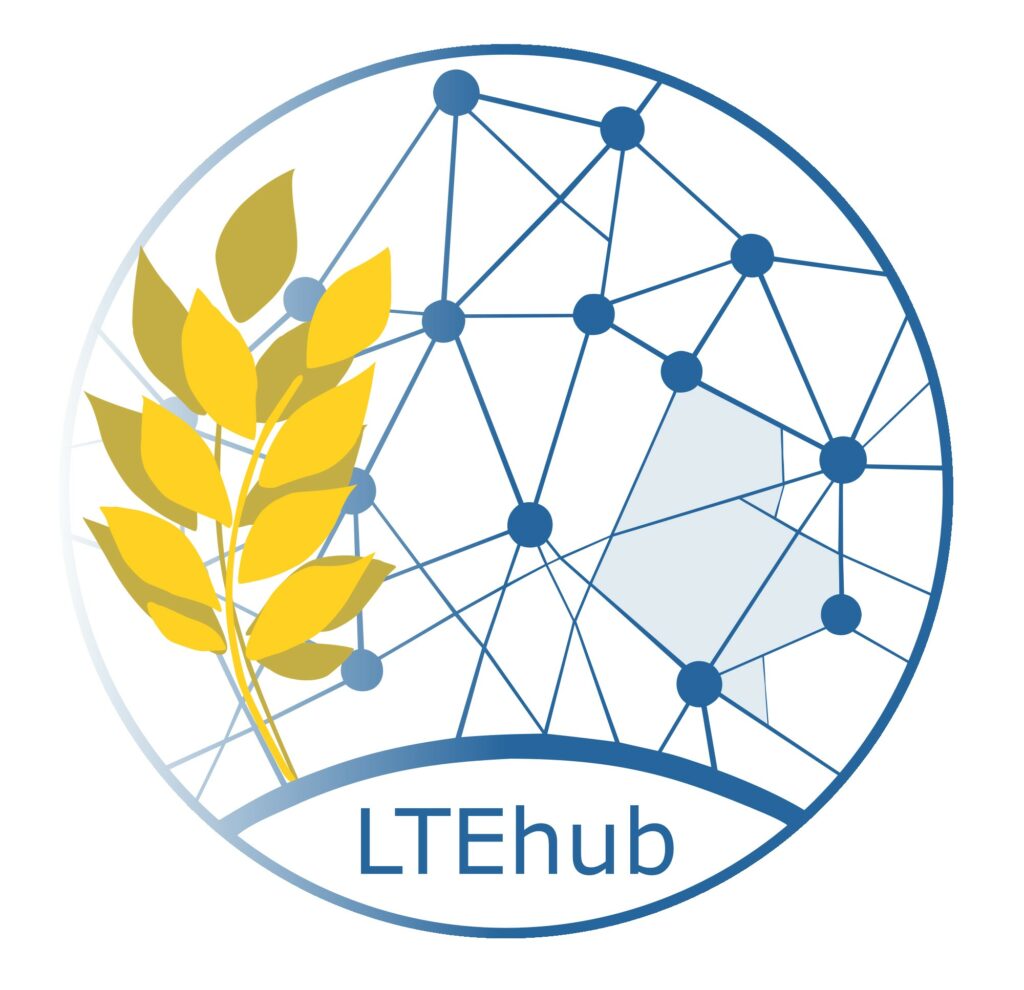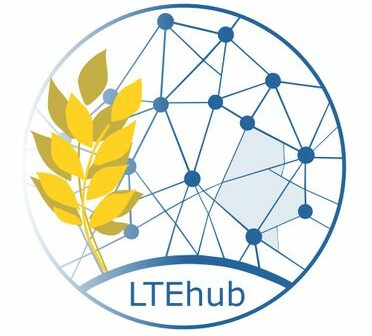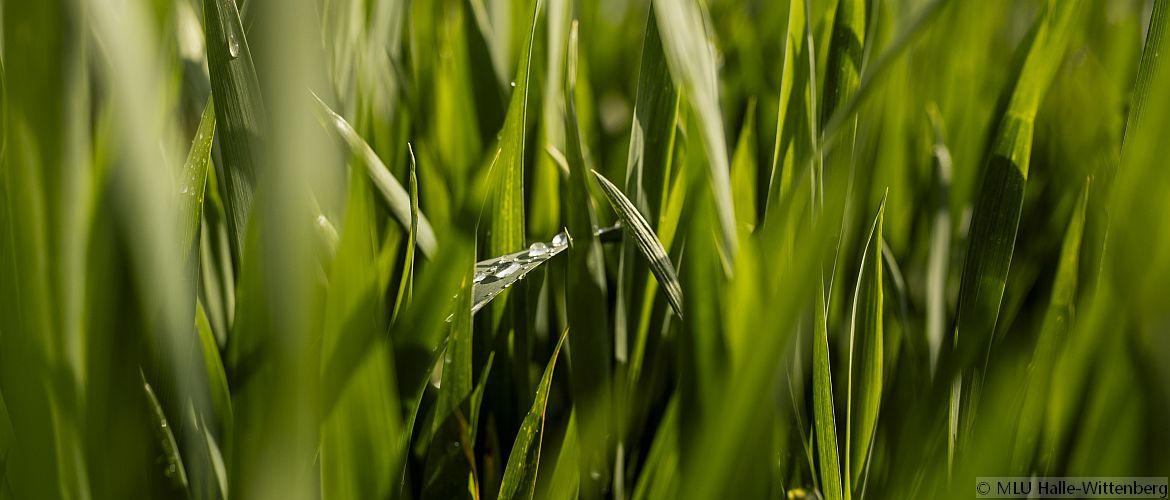New dataset published!
A dataset of grain and straw yield of the ‚Eternal Rye‘ field trial, including sowing and harvest dates, and fertilizer rates can be found here

Welcome to the research hub on long-term field experiments
of the Department of Agronomy and Organic Farming
at the Martin Luther University Halle-Wittenberg

Long-term field experiments (LTEs) are a valuable research infrastructure for agricultural research. Established decades ago, they help to answer questions concerning plant nutrition and nutrient use, aiming for maximum crop yield in sustainable cropping systems.
They can be used to understand the effects of management practices, such as fertilization and soil cultivation, and to reveal the influence of climate change on plant development and yield stability, and respective adaptation possibilities.
The Martin Luther University Halle-Wittenberg is home to the oldest LTE in Germany, the Eternal Rye, established by Julius Kühn in 1878.
Karl Schmalfuß installed six more Fertilization Trials in 1949, four of which are still continued until today.
They provide valuable information about the long-term reactions of agro-ecological systems to changes in fertilization and land use.
As with all field experiments, the results are restricted to specific site conditions.
Therefore the team of the Department of Agronomy and Organic Farming is always happy to share our experiences and results with other LTE-owners and research institutions. We are open to cooperation and exchange, in order to make research results transferable, and contribute to making agricultural crop production climate-resilient and to be prepared for future developments.
We also offer a wide range of topics for master’s or bachelor’s theses, research internships, etc. for students interested in learning about our field trials.
We are currently…
- Building a database and making data accessible
- Identifying of the influence of variety vs. fertilizer treatment on grain yield development
- Modelling of soil processes and long-term soil changes to estimate the effect of influencing factors such as climate change and long-term fertilization
- Creating yield forecasts for different climate scenarios, explicitly taking soil properties into account
- Analysing comparisons with other longterm fertilization trials in different soil-climate-areas
… find out more here
Always and at all times it was the soil and its fertility that decided about well-being and health of the people.
Justus von Liebig







